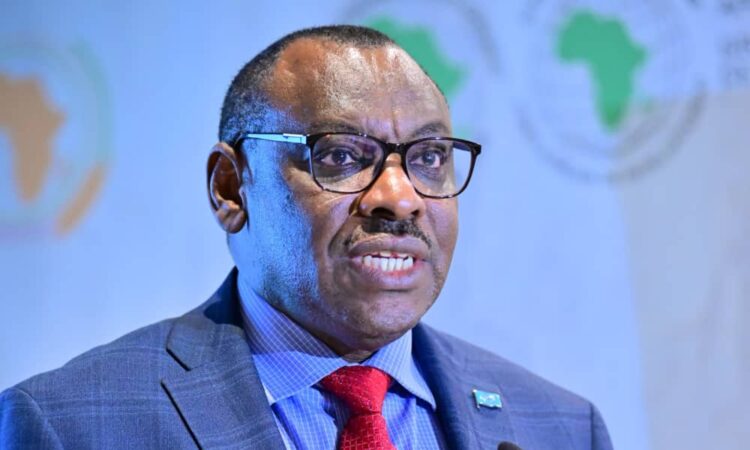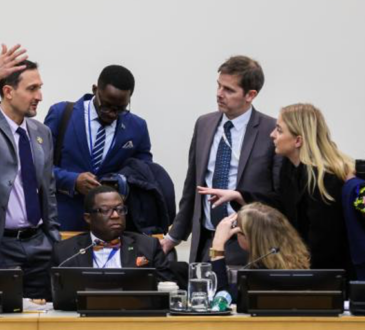Transparency and fair-trade practices are key for a just energy transition in Africa – ECA boss

Trust is crucial for a successful transition, and there is a need for communication and collaboration among stakeholders,” he said.
In his presentation on the Regional context of the UN’s work in the extractive industries sector, John Sloan Economic Affairs Officer, ECA emphasized the potential of mineral based development for economic transformation in Africa, highlighting the region’s vast mineral endowments and the need for value addition and job creation in mining industry.
He called upon the private sector, governments, and civil societies to revisit incentives for job creation in sectors like manufacturing and the need to address the need for global policy stability given rapid technology changes.
“There is a need to focus on mineral based development in Africa focusing on value addition and economic transformation,” said Mr. Sloan.
He highlighted that ECA is working with partners to support specific initiatives on battery and battery component manufacturing in DRC and Zambia.
In a panel discussion, Nellie Mutemeri, University of the Witwatersrand, said sustainable mining practices for critical energy transition minerals in Africa should focus on artisanals and small-scale mining sectors.
He noted that artisanal and small-scale mining in Africa provide vital livelihoods for millions, particularly women and youth. However, challenges persist, including lack of transparency and accountability in chains, leading to unequal benefit sharing and negative impacts on vulnerable groups.
Gloria Magombo, Permanent Secretary for Energy and Energy Development, Ministry of Energy and Energy Development, Zimbabwe emphasized on the importance of value addition before exports citing the need for mandatory value addition to ensure maximum benefit from mineral resources. She reiterated the importance of value addition to maximize the benefit of mineral resources.
Moses Tshetlane, Director, Mienral Affairs Division, Ministry of Minerals and Energy, Botswana said regional cooperation is crucial in addressing climate change particularly in developing carbon sinks and funding university research in Africa to advance clean energy access.
“Countries must adopt policies with tangible targets to meet the threshold for clean energy access. Emphasis should be placed on the need for collective action to address this global challenge,” he said.







